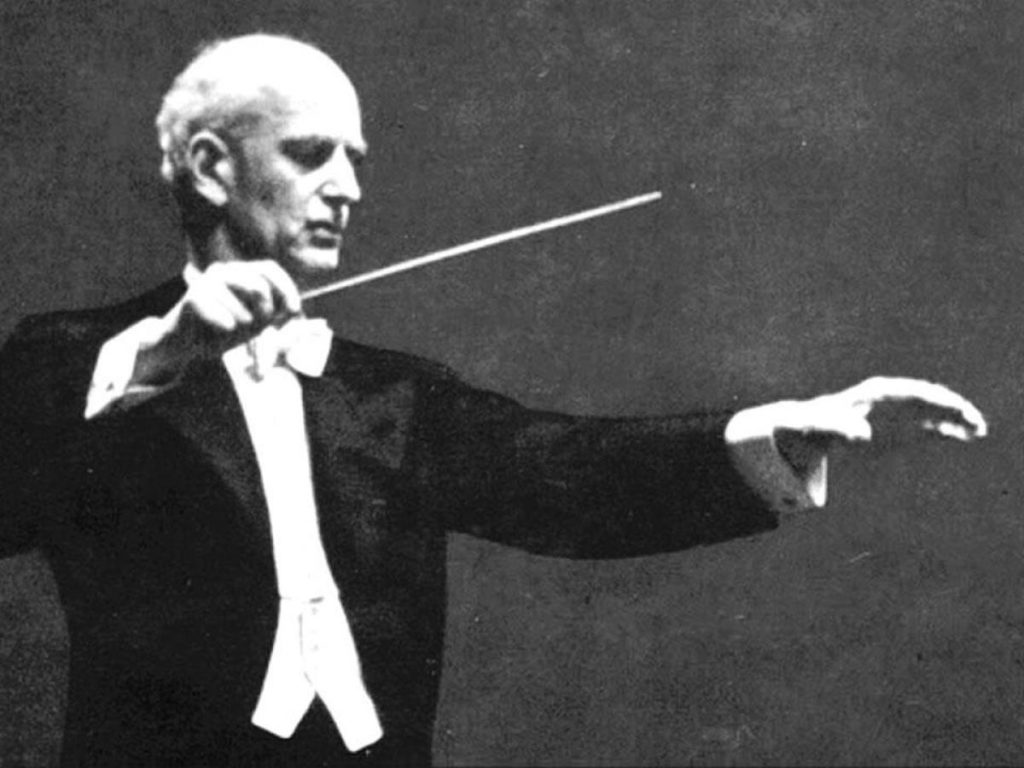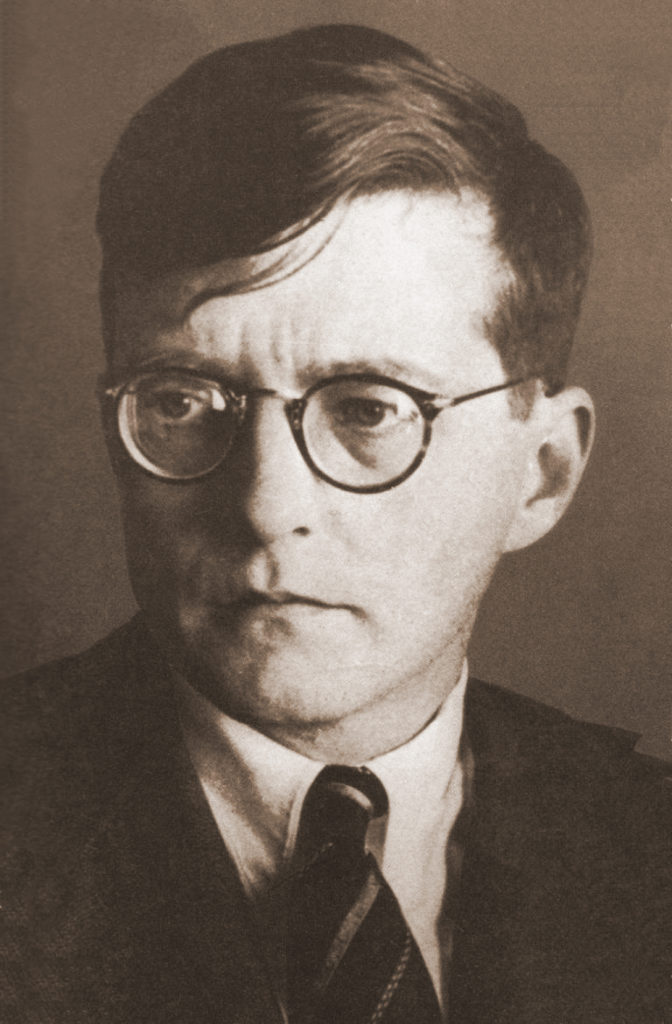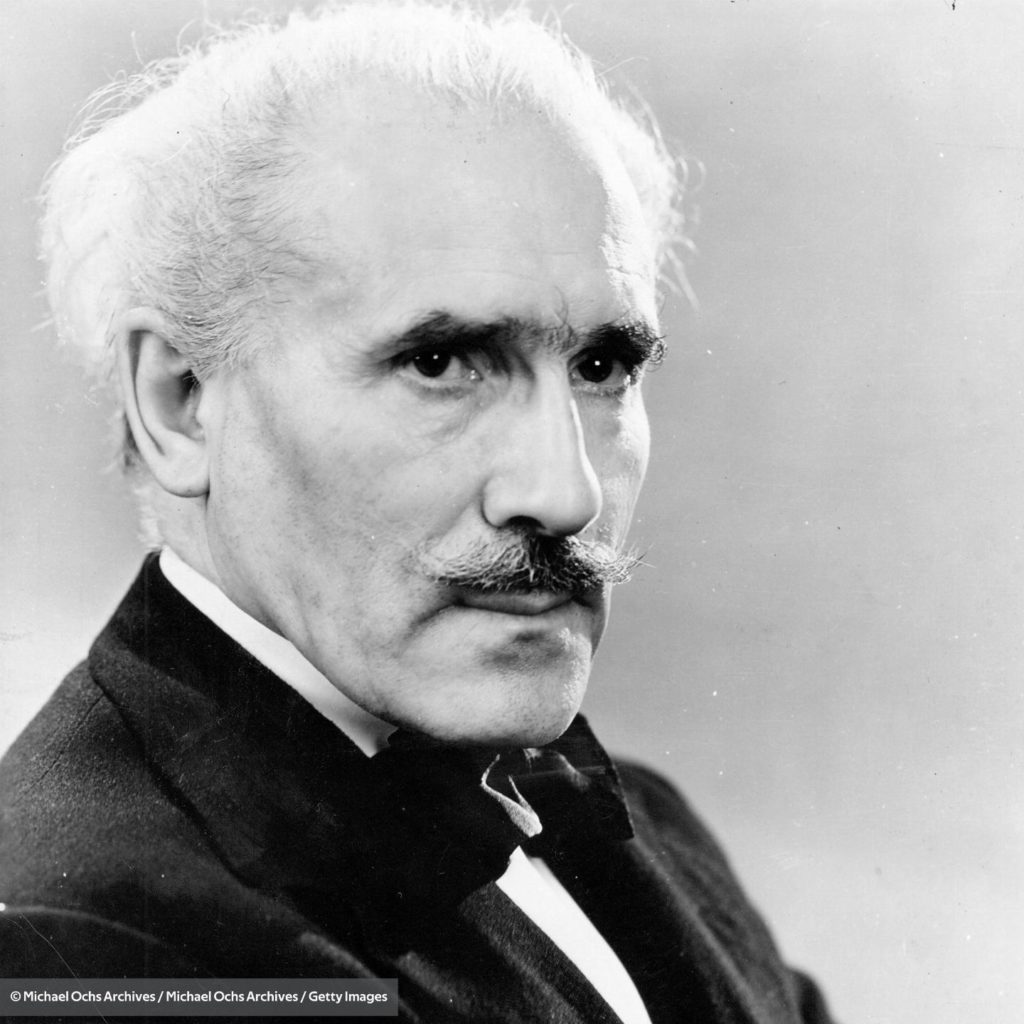


A new podcast, produced by The American Interest (TAI), translates my article on “Furtwangler and Shostakovich: Bearing Witness in Wartime” into a 30-minute podcast with tremendous musical examples.
The distinguished historian Richard Aldous, as interlocutor, expands my purview to include Arturo Toscanini — a topic of which I’ve steered clear since the publication in 1987 of my Understanding Toscanini (the most discussed and reviled classical music book of its time). But Richard got me started re-comparing Furtwangler and Toscanini — conductors who say “we” and “I,” respectively — and I took the bait.
To hear the podcast, click here
To subscribe to TAI’s free daily newsletter, with considerable essays on politics, government, and culture, click here.
A novel feature of the newsletter are the always surprising listening advisories from editor-in-chief Jeffrey Gedmin, whose recent posting on Abraham Lincoln’s musical affinities included an aria sung (in Russian) by the incomparable Pavel Lisitsian. The connection was A Masked Ball.. Lincoln attended this Verdi opera — in which an American ruler is assassinated — at New York’s Academy of Music in 1861.
Googling the event to refresh my memory, I was amazed to discover that I had written about it for The New York Times in 2001 — and that the President-elect’s appearance at an opera house, in troubled times, inspired an impromptu performance of “The Star-Spangled Banner” by the entire company. Does such patriotism survive today? I learn from my friend Pedro Carbone, in Spain, that the daily ovation for health workers in Zaragoza includes singing: the Spanish national anthem and the EU anthem (set to Beethoven’s Ninth). Here on the Upper West Side of Manhattan, the daily 7 pm tribute, while stirring, is songless.
Here is what I wrote in 2001:
Lincoln and ”A Masked Ball” furnish a memorable snapshot of New York operatic life a century and a half ago. Imagine such a thing today as any president’s being spotted during the first intermission at the opera and exciting an ovation (President Bush would excite stupefaction) — after which the curtain would rise on a performance of ”The Star-Spangled Banner.” That is what happened when Lincoln attended ”A Masked Ball.” Isabella Hinkley, the soprano playing Oscar, sang the anthem’s first stanza half-turned toward Lincoln’s second-tier stage box. Then the entire company joined in, while a huge American flag, all 33 stars blazing, dropped from the proscenium.
Verse No. 2 was taken by Adelaide Phillips, the evening’s Ulrica, to deafening applause. Then came ”Hail, Columbia,” more cheering, and the resumption of ”A Masked Ball.” Lincoln left quietly before the last act and so never witnessed the killing of Riccardo.

Leave a Reply